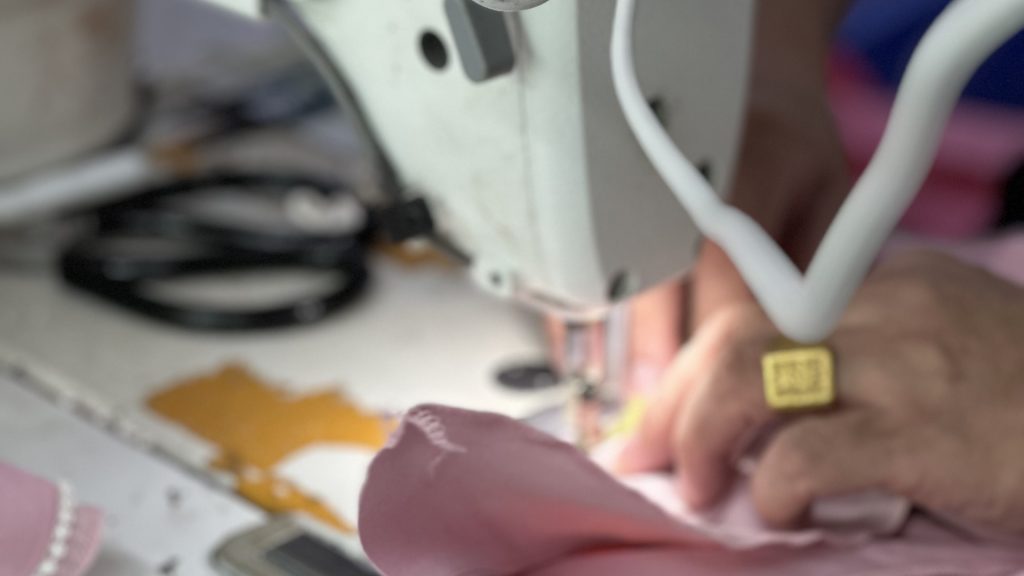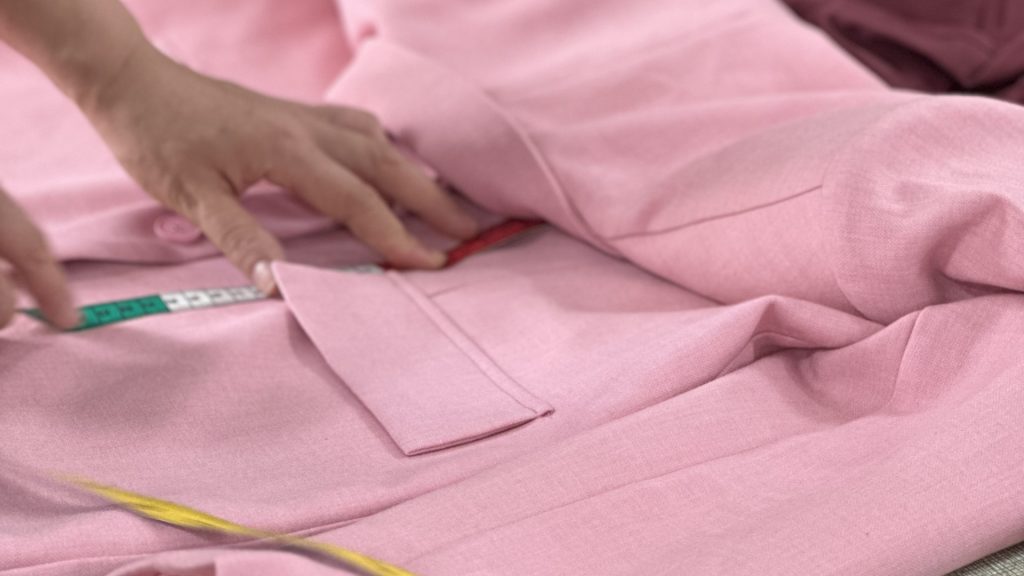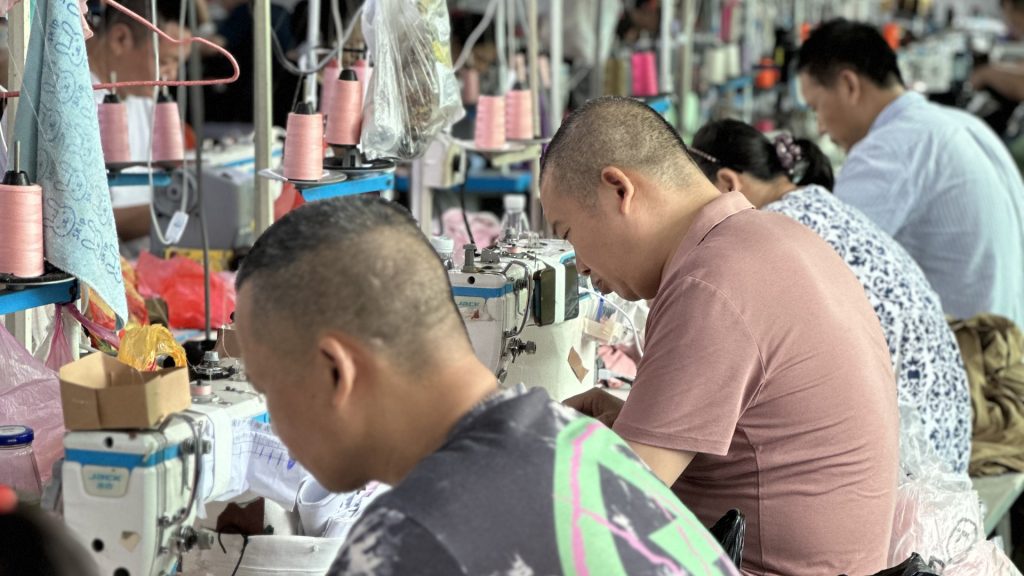Sustainability and Ethical Practices: The Rising Demand in Garment Manufacturing
In recent years, the fashion industry has experienced a significant shift. With climate change, worker rights, and waste reduction at the forefront of global conversations, consumers are becoming more discerning about where their clothes come from. It’s not just about fashion design anymore; it’s about the ethics and sustainability behind every clothing manufacturer.

A Wake-Up Call to Clothing Manufacturers
The Rana Plaza collapse in 2013 was a tragic reminder of the dangers of neglecting safety and ethical concerns in the garment industry. The building housed several factories producing garments for major brands. The collapse resulted in over 1,000 deaths, drawing international attention to the conditions of garment workers worldwide.
This tragedy, among others, has prompted consumers to question the ethical standards of their favorite brands. It’s no longer sufficient for clothing to be stylish or affordable; consumers also want assurance that it’s been produced responsibly.

Sustainability: More than a Buzzword
But it’s not just about ethical practices in terms of workers’ rights. Sustainability has become a critical component of modern fashion. As the effects of climate change become more palpable, consumers are choosing to support brands that make concerted efforts to reduce their carbon footprint. This goes beyond just the use of organic materials. It extends to water consumption, waste management, and even carbon emissions during the transport of goods.
Many forward-thinking brands are introducing recycled materials into their collections, reducing waste and lowering their environmental impact. Moreover, with innovations like bio-fabrication and the increasing popularity of plant-based textiles, the clothing manufacturing industry is witnessing a revolution.
Clothing Manufacturer’s Response
Aware of the changing landscape and the consumer’s demand for transparency, many clothing manufacturers have begun incorporating more sustainable practices into their operations. There’s an increasing push towards ‘slow fashion’ – a movement that values quality over quantity, emphasizing longevity, sustainability, and ethical production.

Furthermore, manufacturers are investing in certifications to authenticate their sustainable practices. Certifications such as the Global Organic Textile Standard (GOTS) or the OEKO-TEX Standard 100 ensure consumers that products are free from harmful chemicals and are produced in an eco-friendly manner.
Sustainability and ethical practices in the garment industry are more than just trends. They represent a much-needed shift in values and operations. As consumers continue to prioritize these values, clothing manufacturers worldwide must adapt and innovate to meet these demands. Fashion design, at its core, will always be about aesthetics and creativity, but its future undoubtedly lies in sustainability and ethical responsibility.
kno102023-06
Google: D&J Fashion Manufacturer
Leave us a Google Review
Facebook: dnjfashionofficial
Instagram: dnj_fashion_official
Linkedin: D&J Garment Manufacturing and Supply Chain
Pinterest: dnjfashion
Youtube: @dnjfashion_official
Tik Tok: @dnj_fashion

